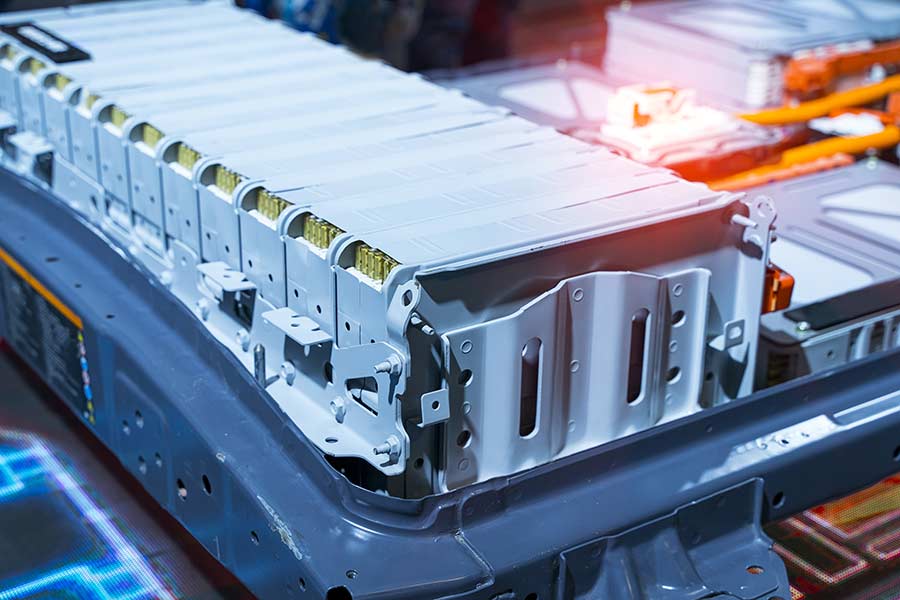Hydrogen A to Z Series: F For Fuel Cell
By: GenH2 Staff
Read Time: 2 minutes
Defining Hydrogen from A to Z: F is for Fuel Cell
Continuing in our Defining Hydrogen from A to Z series, we’re discussing the letter F, for Fuel Cell. In simplest terms, a fuel cell is a device that generates electricity through an electrochemical reaction instead of combustion. In a fuel cell, hydrogen and oxygen are combined to generate electricity with the by-products of water and some heat. Fuel cell systems are a clean, efficient, reliable, and a quiet source of power.
Fuel cells have several benefits over conventional combustion-based technologies currently used in many power plants and vehicles. Fuel cells can operate at higher efficiencies than combustion engines and can convert the chemical energy in the hydrogen directly to electrical energy with efficiencies capable of exceeding 60%. Fuel cells have zero emissions compared to combustion engines. And because hydrogen fuel cells emit only pure water, utilizing them to address critical climate challenges is imperative. Furthermore, fuel cells do not need to be periodically recharged like batteries, instead they continue to produce electricity from the hydrogen, gaseous or liquid, stored on board the vehicle, that powers it
Fuel cells can be used in a wide range of applications, providing power for products across multiple sectors, including transportation, industrial/commercial/residential buildings, and long-term energy storage for the grid in reversible systems.
In advancements of electric vehicles, the use of hydrogen as an energy source for fuel cells is becoming an excellent alternative to battery electric vehicles (BEVs), when it comes to zero emissions mobility. Hydrogen FCEVs are lighter compared to other BEVs, have more range, and produce zero greenhouse gas emissions. Also, they are also considered to be more sustainable, in not having to deal long term with the disposal of lithium batteries which is the energy source of BEVs. Unlike lithium batteries, hydrogen fuel cells have the potential to be recycled and reused, with the potential for almost zero waste on top of the near zero emissions they produce. There are already many advancements being made in the refurbishment of fuel cells, which should give them an advantage long-term over batteries regarding sustainability, cost-effective solutions, and product lifecycle management.
This recyclability is another example of how hydrogen fuel cells can provide more options for sustainability and cost effectiveness to BEV batteries. Not only can hydrogen fuel cells provide a zero-emission alternative to diesel-powered vehicles, but they also have the potential to be nearly zero-waste as well. With new advancements in the refurbishment and recycling options of fuel cells components, this is just another one of the advantages of using hydrogen as a global energy carrier and supports compelling arguments that the hydrogen age is here.



